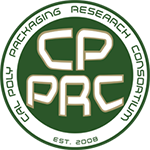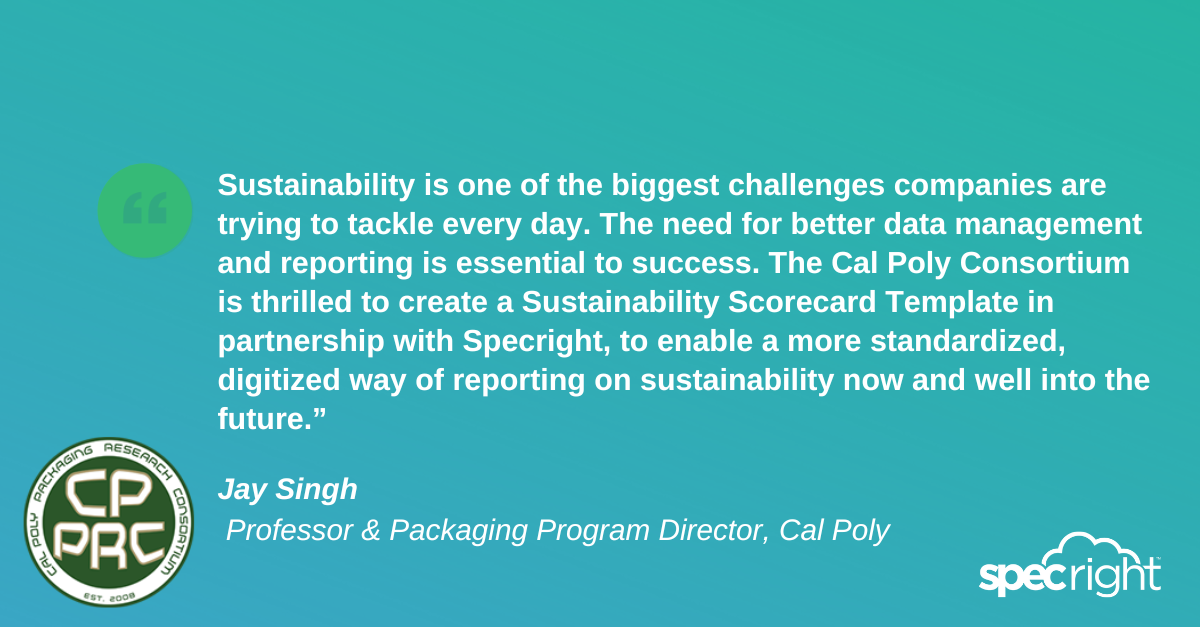With more and more companies feeling the pressure to produce sustainable packaging and products, the reality of how to track, optimize and report a variety of data is sinking in. And, honestly, most companies are not equipped to manage the multitude of regulations, standards, and consumer-demand pressures surrounding sustainability right now.
Whether it’s regulations coming in Europe like Extended Producer Responsibility (EPR) or plastics taxes, or here in the U.S., where the SEC is proposing regulations around how companies report sustainability to investors (and the public), companies are trying to make sense of all their data. It’s a game of data chasing and it’s not an easy game to win. We truly believe we all want to be more sustainable, but achieving success is no easy task. And, defining what “success” even is when it comes to sustainability is even harder. Companies now have to submit a variety of data and information around sustainability to government agencies, retailers, partners, and the list continues to grow. All of this data is currently not captured in one standard way, and for the most part, companies are not capturing this data proactively.
Having accurate, comprehensive data regarding sustainability metrics will become critical to being a qualified partner for certain retailers and reduce the amount of taxes or regulatory fines a company has to pay regarding waste or certain material usage in the future.
Creating a Standard Template for Sustainability Reporting

In an effort to create standardization around sustainability reporting, the Specright team submitted a project to the California Polytechnic State University (Cal Poly) Consortium for Distribution Packaging, to create a sustainability scorecard template. And, out of 23 projects submitted, ours received the most votes, and will be one of four projects to be developed this year. As one of the leading academic institutions for packaging in North America, Cal Poly established the Consortium to encourage breakthrough research by enabling close and sustained engagement between industry innovators and world-class academic teams. Specright has been a member of the Consortium for five years, and joins 21 other industry and technology leaders like Clorox, Edwards Lifesciences, ISTA, TOPS, Trayak, Dow, Pregis, and others.
Our goal for this project is for the Consortium to create a one-page template that companies could send to suppliers and incorporate into their product development process, so that they don’t have to track that data down later. Once the template is established, Specright’s Specification Data Management (SDM) platform can then digitize the information to ensure accuracy moving forward and collaboration with teams and suppliers across the supply chain.Capturing this data, in a standard way, up front, will future-proof companies to comply with sustainability standards and trends that continue to arise. And, if the last few years have taught us anything, it is that more regulations and standards will continue to be developed and implemented. You want to ensure your company is prepared to tackle sustainability with a data strategy that starts with the foundational information, the specifications.
Building a Specification Management Ecosystem with Partners and Academia
At Specright, we believe strongly that managing your data at the DNA-level of information, the specifications, will enable you to benchmark and track sustainability across your supply chain. But, we understand that no one solution can help you achieve your goals.
That’s why we partner with other technology leaders, like Trayak and TOPS, to enable our customers to perform life cycle analysis (LCA) and pallet optimizations more easily. And, we also partner with the top academic programs, like Cal Poly and others, to ensure packaging engineers of the future are equipped with the best training and skills to help companies achieve their goals, including around sustainability. We’ll be excited to share more on the Consortium project for a sustainability scorecard template later this year.
The road to digital transformation can never be traveled alone, building a Specification Management ecosystem is crucial to companies making amazing, sustainable things. Learn more about Specright’s commitment to academia and the next generation workforce here.

Explore More Blogs
Get Started
With Specright’s Solution Suite, you can digitize, centralize, and link your specification data to drive efficiencies, intelligence, traceability, and collaboration within your organization and across your supply chain network.





